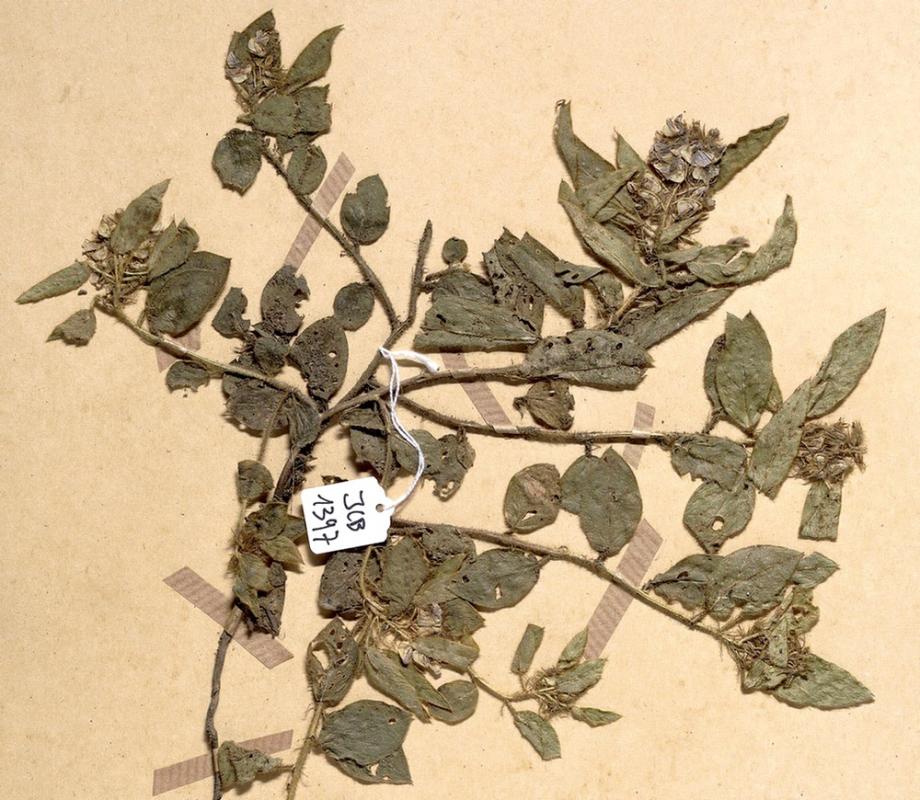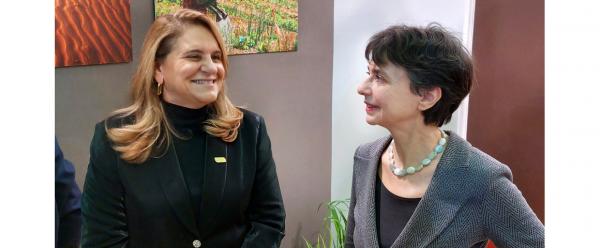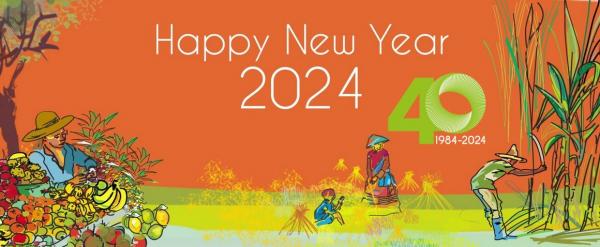Institutional news 4 April 2024
- Home
- CIRAD news
- News
- CIRAD in network of naturalist collections
CIRAD joins the network of French naturalist collections

© CIRAD herbarium
Some 10 900 559 specimens are held in the various French naturalist collections, some of them at CIRAD. It was therefore only natural for the organization to join the ReColNat scientific interest group (SIG). This national network, headed by the Muséum national d’histoire naturelle, federates the many French institutions of varying sizes and legal statuses that hold naturalist collections.
Digitizing naturalist collections
In signing up, CIRAD has confirmed its interest in facilitating access to naturalist collections and their use by the scientific community. CIRAD has already been a partner in the E-ReColNat research infrastructure (ANR-11-INBS-0004), having digitized its herbarium. The new programme, funded by the investissements d’avenir mechanism, centres on digitizing naturalist collections and developing tools for their remote study and consultation.
Scientific excellence and naturalist collections
The aim of ReColNat is to mobilize, compile and harmonize practices and provide access to naturalist collections and the relevant data. A web portal and associated services are already up and running, to enable users to study digital collections. ReColNat is shortly due to validate a roadmap to pave the way for new operations and continue to promote access to an ever-growing body of specimens. CIRAD is on the management board of the SIG set up recently.
Fundamental collections for biodiversity studies
Naturalist collections have a dual vocation: their traditional role as a reference, and that of a gigantic observation campaign. Moreover, studying the diversity of the living world means identifying species, and from that point of view, collections are an exploratory space equivalent to that of biodiversity hot spots. Facilitating exploitation of these datasets will speed up global biodiversity inventorying, and the development and calibration of models to predict changes in flora and fauna as a result of global change.


























